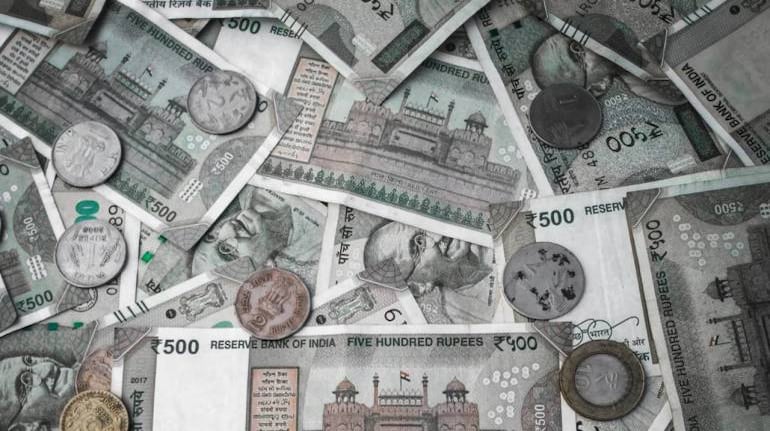



The MoU signed by the Central Bank of United Arab Emirates and the Reserve Bank of India to set up a framework to promote the use of local currencies – UAE dirham and Indian rupee – may sound bland, but it is both subversive and revolutionary. The framework aims to create the “Local Currency Settlement System”.
In simpler words, it is an attempt to create a localised trading system, in other words a bloc, where each country pays through its currency. It means moving away from the dollar as an international mode of payment.
When US Hegemony Dims
The dollar has indirectly assumed the status of a standard currency, akin to the abandoned gold standard. There were good and bad reasons why the American dollar became the arbitrary arbitrator of currency.
The US was an economic powerhouse. It was buying goods from everywhere and when the purchases were made in dollars, the exporting countries gained much because of the higher value of dollar backed as it was by a strong economy.
The other factor was that America was a dominant economic player because it has the biggest share in the World Bank and in the International Monetary Fund (IMF). The dollar was the big currency because the US was the big boy of the global economy. The US is now a declining economy, not just a declining world power.
Striking A Currency Partnership
So it is not surprising that India and the UAE, two growing economies – despite the vast differences in the size of their economies – should want to tweak the rules of trade between the two countries by substituting the dollar as a means of exchange with their own currencies.
There were two ways of choosing the currency for their trade. It could have been the stronger currency, and dirham was stronger than the rupee. As a matter of fact, the dirham became an unofficial global currency of sorts when Russian oil imports in the wake of the war in Ukraine were being paid through dirham instead of the dollar because the Western sanctions did not allow for trade through dollar.
But India is a far bigger economy and dirham would have been an inadequate bargain counter for the volume of the bilateral trade. The rupee and dirham had to be currency partners to become the fulcrum of payments.
Globalisation Breaks Down
This new arrangement would mean that there would be no global currency of reference, and each currency has to work out the exchange rate with every other currency. It is a breakdown of a global trade through a common currency.
It means the dismantling of globalisation where a homogenous system had made the flow of goods and payments smooth and easy. India and the UAE are not attempting any of these big things in the financial terms of global trade. They seem to believe that the new arrangement of paying through one’s own currency would be much simpler in bilateral trade.
But what the UAE has in mind is the expectation that dirham would become a global currency because of the credibility of its currency because of its economic wealth. India too is hoping that the rupee would gain in strength as the national economy improves its economic ranking in terms of size and how much it could import as well as export.
But right now, two of the big economies of the world, India and China, are not yet import-friendly economies. They are export-oriented like the Asian Tigers of the 1980s. The UAE is not afraid of imports but its capacity to absorb imports is limited.
Soaring National Ambitions
Exchange rate can be an arcane issue in the theory of money. But in the real world it works in a relatively simpler manner. The exchange rate depends on a currency’s capacity to buy more than sell, and this is what makes the dollar the favoured currency. As America’s capacity to buy declines, then the dollar loses its clout. The bid to use local currencies in the bilateral trade between India and the UAE is a testing of waters as it were, as to which of the two currencies could become global leaders.
The national ambitions are lurking in the margins. There is also the possibility that in the regionalisation of global trade, the most convenient way is to deal with the currencies in each country. India and the UAE may want to expand the club of using local currencies in global trade.
India is already working on a similar arrangement with Indonesia. Will it succeed? The path is difficult because political clout is as important as the economic one. India and the UAE have not yet gained the political clout in world affairs, and their economies, though they belong to the “emerging” category, are not yet dominant as the Chinese, American, European and Japanese economies are.
Parsa Venkateshwar Rao Jr is a New Delhi-based journalist. Views are personal, and do not represent the stand of this publication.
Discover the latest Business News, Sensex, and Nifty updates. Obtain Personal Finance insights, tax queries, and expert opinions on Moneycontrol or download the Moneycontrol App to stay updated!
Find the best of Al News in one place, specially curated for you every weekend.
Stay on top of the latest tech trends and biggest startup news.